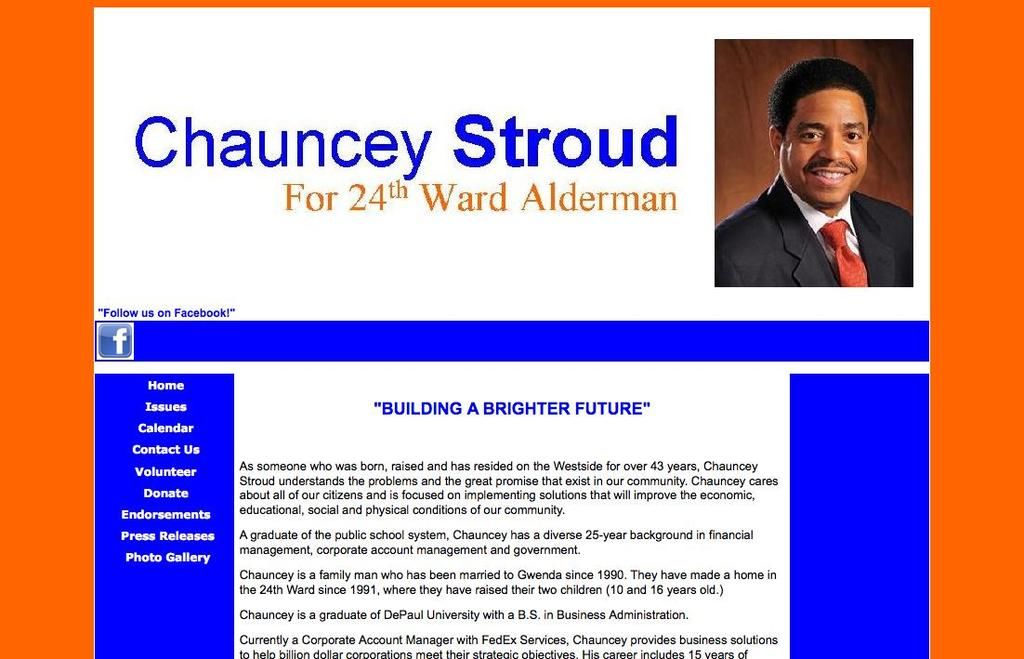Kids' Ailments May Find Relief in Homemade Remedies Over Cold Medication
You're venturing into the realm of DIY Wellness, diving deep into the vast ocean of home remedies – from questionable to doctor-approved. Check out more here!
Alright, here's the deal: Youngsters under 4 years old should steer clear of over-the-counter cough and cold meds, according to the FDA. But what's the alternative? Enter the world of home remedies! They could work better than meds for kids, says the American Academy of Pediatrics.
Fun fact: You don't necessarily have to treat a child's symptoms if they just have a common cold. If your tyke seems perfectly fine, with the cough or runny nose not causing any fuss, no intervention is needed. Yep, even fevers might not warrant any specific treatment – it depends on their temperature. If it's over 102 degrees (100.4 for infants under 2 months), call the doctor. Lower fevers generally don't bother the little ones.
When to Shun Cold Meds for Kids
So, let's talk age limits for cold medicines. Under 4? No no no. Between 4 to 6? The AAP says you might use them, but consult your pediatrician first. After 6, these meds are considered safe, but remember to check the dosage and ingredients. Using a non-standard 'teaspoon' could result in double dosing the meds, so be careful!
Don't get tempted by homeopathic products labeled for children either. These are not FDA-approved, and may be totally ineffective or even potentially harmful. The FDA keeps these products on the market, but there is no evidence supporting their use, and they warn against giving homeopathic cough and cold meds to kids younger than 4. (The emphasis is theirs!)
Cold meds might not always do the trick, even when used correctly. Home remedies like the ones we discuss can often be more effective.
Clear the Nose
Can your kid blow their nose? Great! Encourage them to, especially if their nose is clogged with snot. For younger ones, a bulb syringe comes in handy. Use it to suck out the snot – we call it the 'snot sucker' at home. Your little one might fuss, but they'll feel better afterwards.
If the mucus is crusty, pre-soften it with saline drops or warm water. You can buy saline drops, or make your own with this easy-peasy AAP recipe: Mix ½ teaspoon of non-iodized salt and ¼ teaspoon of baking soda with 1 cup of warm water. Use sterile water for nasal washes.
Reduce that Cough
Honey works as well as cough syrup, and some research even suggests it works better. The AAP recommends giving kids aged 2 to 5 about a teaspoon (or less) of honey when needed to thin mucus and reduce coughing. A spoonful of honey before bed might help with nighttime coughing.
Just a heads up: Infants under 1 year of age should not have honey. Not in foods, not as a cough syrup. There's a risk of botulism from spores in the honey. From toddler age onwards, our immune systems can handle the spores, but the risk is higher for babies.
Keep Hydrated
Hydration is key, as it helps the body eliminate mucus more easily. Give kids water, soup, or whatever liquids they'll like.
Breastfed babies should continue to nurse. If they're having trouble feeding due to a clogged nose, use the bulb syringe first. You can also consider giving breastmilk or formula in a cup or bottle.
If your house is dry, a cool mist humidifier filled with filtered or distilled water can help keep mucus membranes from drying out. Or, let your little one enjoy some humid air for free by sitting in the bathroom while you run the shower.
When to Call a Doctor
Young babies (2 months or younger) should be seen immediately if they have a fever over 100.4. Call the doctor for any child if their fever is above 102, if they stop eating and drinking and may be dehydrated, if they have a persistent headache or ear pain, or if they seem to be getting worse and not better.
Make sure you take your child to the doctor right away if you notice signs of breathing difficulties. This could include blue lips, labored breathing, wheezing, fast breathing, or the ribs showing with each breath.
- For kids under 4 years old, it's recommended to avoid over-the-counter cough and cold remedies, as stated by the FDA.
- Home remedies, such as saline drops for pre-softening crusty mucus or honey for reducing coughing in children aged 2 to 5, can often be more effective than cold meds.
- It's important to note that honey should not be given to infants under 1 year of age due to the risk of botulism from spores in the honey.









